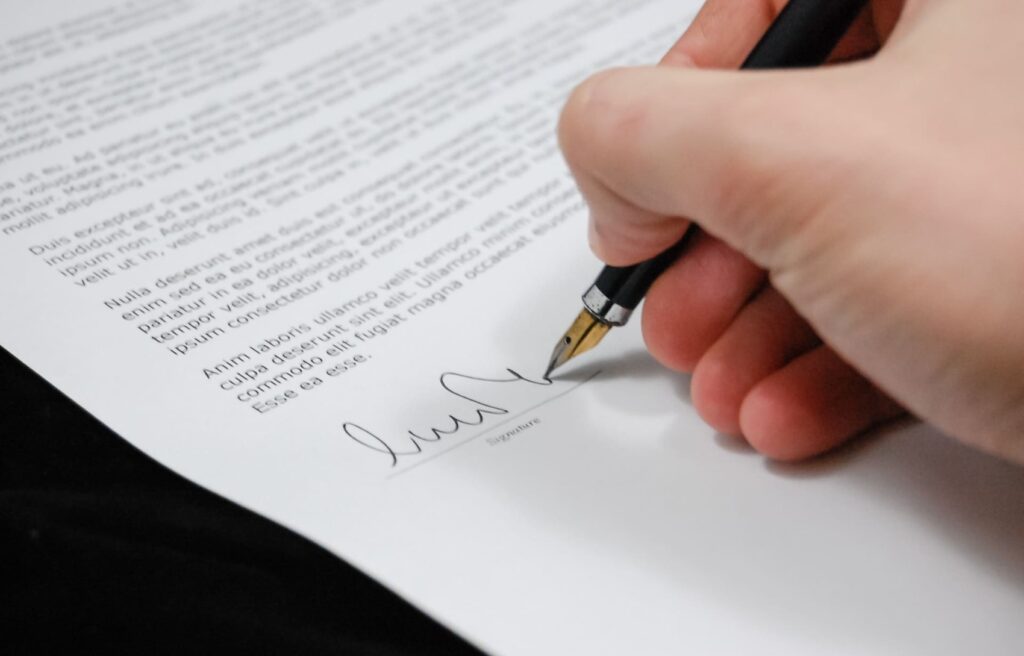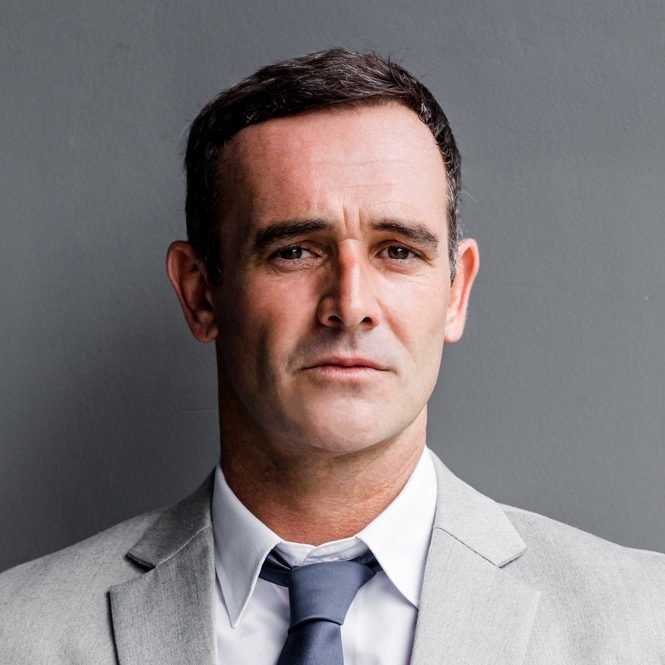Protect your invention with a robust Patent Registration.

Patent Registration is the process of obtaining exclusive rights for a new invention or discovery, preventing others from making, using, or selling your invention without permission. A patent offers protection for up to 20 years, allowing the inventor to commercialize and profit from their innovation.
Patent Registration offers many benefits:
Steps for Patent Registration are listed below:

Complete our online form to schedule a consultation at your convenience.
Send your documents via WhatsApp or E-mail for a pre-consultation review.
Speak with our legal expert for personalized advice and recommendations.
Make informed decisions and implement changes based on our expert guidance.
A patent is a legal right granted to the inventor for a new invention, giving them exclusive rights to use, sell, or license the invention for a certain period (usually 20 years).
A patent typically lasts for 20 years from the filing date, after which the invention enters the public domain.
The invention must be novel, non-obvious, and industrially applicable. A detailed description and drawings of the invention are also required.
No, not everything can be patented. For instance, abstract ideas, scientific theories, and natural phenomena are not eligible for patent protection.
Yes, once granted, you can sell or license your patent to others for profit.
Let me know if you'd like any changes!
Justo nibh nulla pretium sollicitudin eu sit class ultrices taciti amet cubilia. Congue venenatis facilisi sodales dui ligula elementum eros dictumst at. Senectus cursus quam vehicula euismod turpis nibh mollis fusce sagittis parturient montes. Conubia eu suspendisse quis donec leo magnis class nam dictumst. Ultricies class primis proin felis inceptos.

Justo nibh nulla pretium sollicitudin eu sit class ultrices taciti amet cubilia. Congue venenatis facilisi sodales dui ligula elementum eros dictumst at. Senectus cursus quam vehicula euismod turpis nibh mollis fusce sagittis parturient montes. Conubia eu suspendisse quis donec leo magnis class nam dictumst. Ultricies class primis proin felis inceptos.

Justo nibh nulla pretium sollicitudin eu sit class ultrices taciti amet cubilia. Congue venenatis facilisi sodales dui ligula elementum eros dictumst at. Senectus cursus quam vehicula euismod turpis nibh mollis fusce sagittis parturient montes. Conubia eu suspendisse quis donec leo magnis class nam dictumst. Ultricies class primis proin felis inceptos.







A2i Legal offers comprehensive legal services, empowering individuals and businesses with accessible solutions for every legal need.